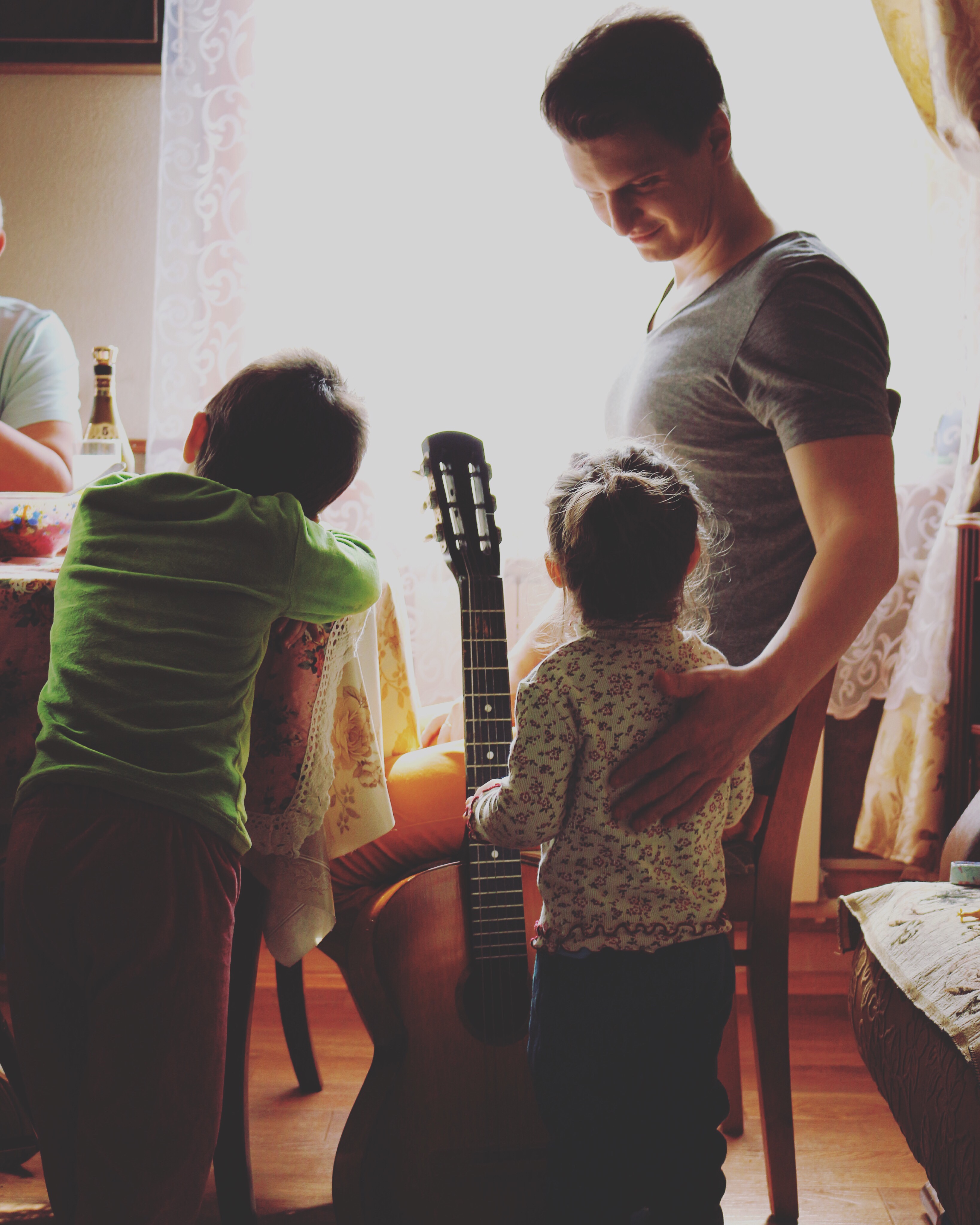 September 25, 2019 by Robert Franklin, JD
September 25, 2019 by Robert Franklin, JD
Two bills passed the New York Legislature this session making it easier for adopted kids to contact and get to know their birth parents. This article lauds both as a step out of the “stone age.” (New York Daily News, 8/9/19).
In the flurry of progressive bills passed at the end of the legislative session, a historic confluence in family law slipped by unnoticed. Two bills passed that reflect a sea change in how we understand adoption. They would put New York at the forefront of recognizing that adoption should be about expanding, not obliterating, family ties.
One would allow adoptees to access their “long form” birth certificates and therefore know who their biological parents are. That of course would allow them greater access to the two people who brought them into the world. Many, many adoptees bemoan their inability to know their biological parents and experience the absence as an acute loss.
The second adoption bill that passed is more controversial, though it stems from the exact same idea as the first: we should allow adoptees to embrace their origins as well as their new families. An increasing percentage of adoptions are of children in foster care. In contrast to private adoptions, which are voluntary, these adoptions result from the government severing the legal relationship between parent and child. Traditionally, terminating parental rights — called “the death penalty” of family law — has meant an abrupt end to the parent-child relationship, even when, as is often the case, the children lived much of their lives with their parents, visited with them while in foster care, and remain strongly bonded to them.
So the second bill would allow kids adopted out of foster care to maintain relationships with the parents whose rights were terminated.
Those bills look to be pretty benign to me. But is the New York legislature really so keen on keeping kids in contact with their biological parents? I doubt it. From here it looks more like they’re continuing to stoke the adoption industry with ever more fresh cases, while paying lip service to kids’ ties to biological parents.
I say this because, the two bills, like everything else, must be seen in context. And that context is the first ever putative father registry established in this country. In fact, way back in the 70s, New York pioneered the separation of children from their fathers via its first-ever putative father registry. Since then, about 32 states have followed suit.
PFRs of course require single fathers to register with the state, presumably every time they have sex with a woman. Failure to do so means the father waives his right to notice of the adoption of his child in the event sex resulted in conception and the mother opts to place the child for adoption. How’s that for separating kids from their parents?
PFRs are pernicious in a number of ways. First, their entire purpose is to facilitate adoption by removing Dad from the process. Anyone who thinks fathers’ rights can’t be terminated by something as obscure as his failure to file a form with the state needs to think again.
Second, PFRs place the onus of providing information about pregnancy and the intention to have the child adopted in the wrong hands, i.e. the person without the information. Mom knows with whom she’s had sex, whether she’s pregnant or not and, if so, whether she intends to have the child adopted. Men have no sure way of knowing any of that. So, if we care about fathers’ parental rights and about children’s rights to a relationship with their dads, we must require mothers to inform fathers of their children before they’re placed for adoption. But we don’t. That’s the entire point of PFRs like New York’s.
Finally, intentionally removing fathers from the adoption loop means kids get placed for adoption who don’t need to be adopted because they have a fit, loving father who can care for them. Meanwhile, there are about 400,000 kids in the U.S. with no parents (due to death or termination of rights) who need adopting. And of course there are countless millions of those kids worldwide.
Add to the above the fact that only about 75,000 “stranger” adoptions are completed in this country every year and we see that using the scarce resource of good adoptive parents on kids who don’t need adopting (a) doesn’t make sense and more importantly (b) denies adoption to another kid somewhere who desperately needs it.
The New York legislature can pass any law it wants, but until it rescinds its putative father registry, few will be deceived into believing that it cares more about kids’ relationships with their biological parents than about the flow of revenue to adoption agencies and their lawyers.
____
Recently, New York got an “F” on the National Parents Organization for Shared Parenting. Read more here.




 September 25, 2019 by Robert Franklin, JD
September 25, 2019 by Robert Franklin, JD
